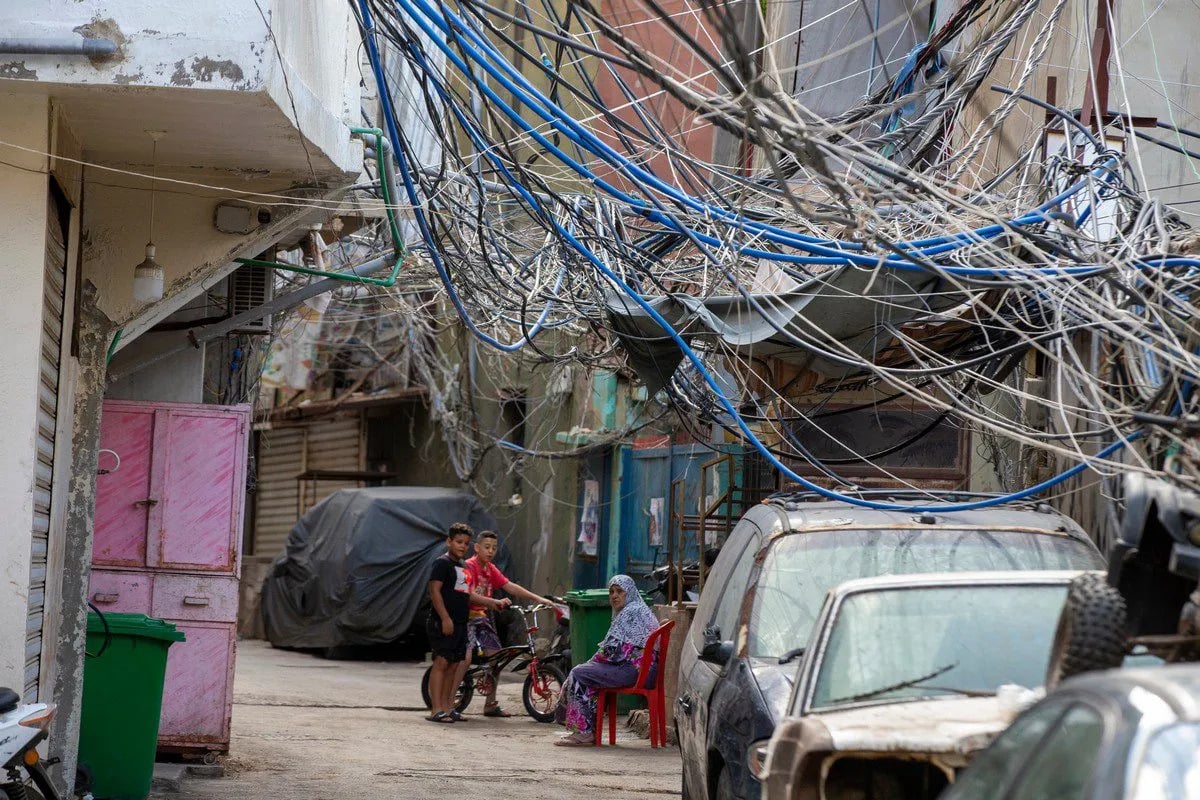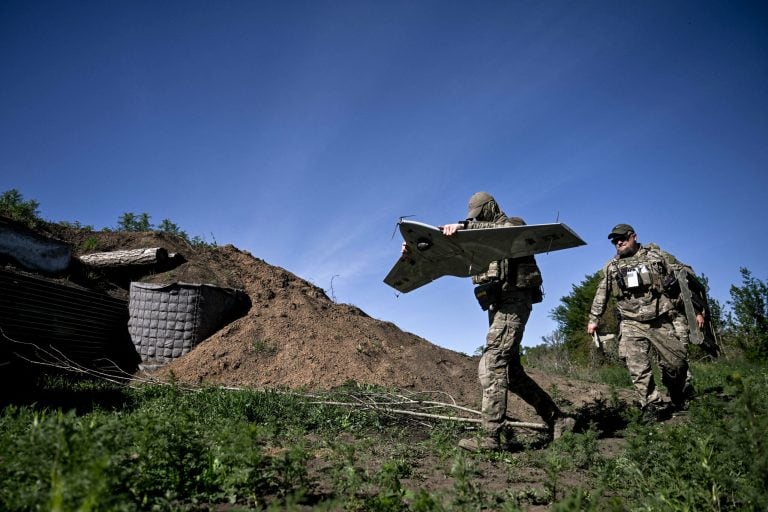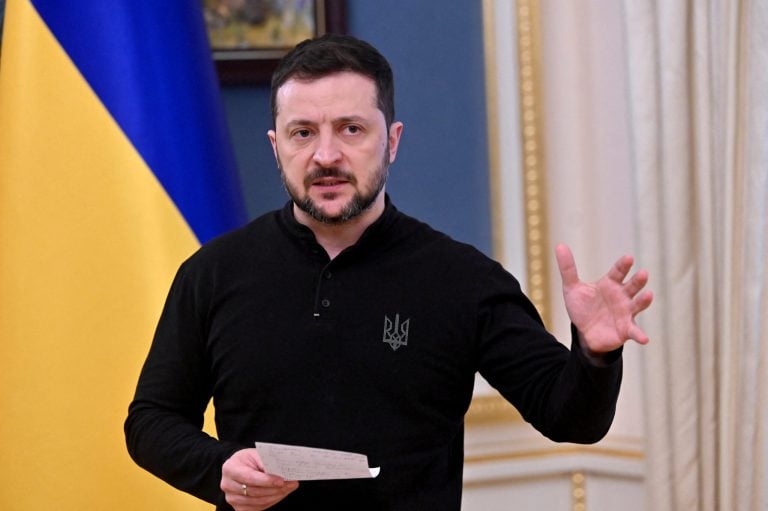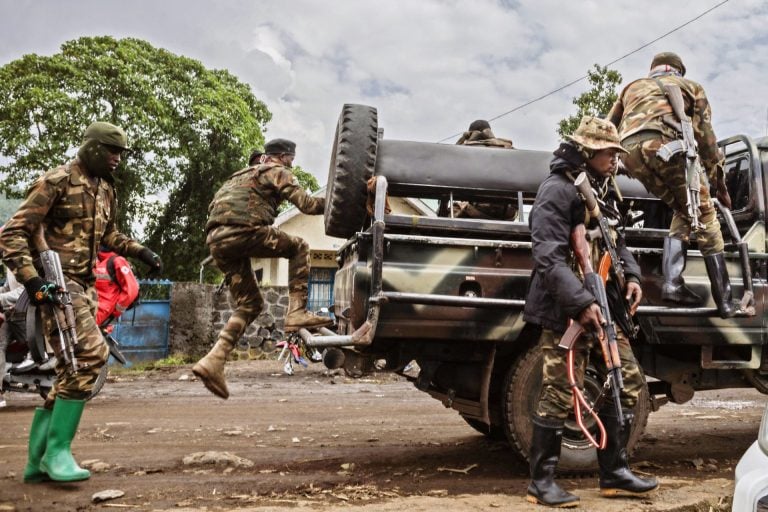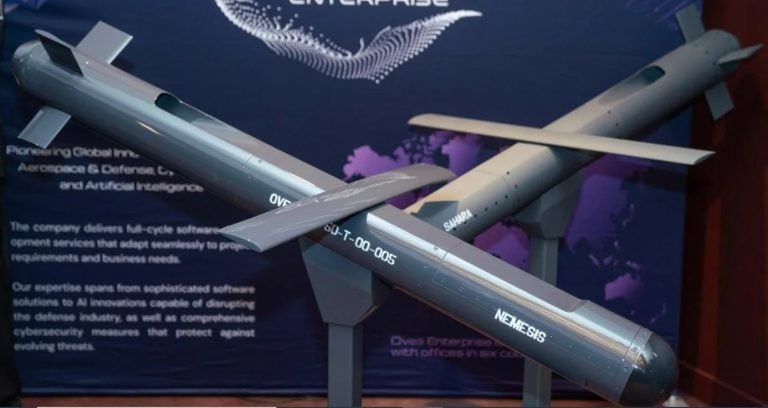Palestinian factions have initiated a significant arms transfer from Lebanon’s largest refugee camp, Ain al-Hilweh, as part of a broader effort led by the Lebanese government to disarm non-state groups operating within its borders. Abdel Hadi al-Asadi, a senior official with the Palestine Liberation Organisation (PLO), confirmed that the operation involved the delivery of new batches of weapons as part of ongoing negotiations with the Lebanese authorities.
The Lebanese army corroborated this development, stating that it received five truckloads of weapons from the Ain al-Hilweh camp located in Sidon, renowned as the largest Palestinian refugee camp in Lebanon. Additionally, three trucks containing arms were received from the Beddawi camp in Tripoli. The military’s statement highlighted that this transfer included various types of weapons, shells, and ammunition.
An AFP journalist at Ain al-Hilweh observed heightened security measures, noting Lebanese army vehicles were strategically positioned around the camp to prohibit unauthorized access. This came amid a tense backdrop, as last year the Beddawi camp was struck by Israeli airstrikes that resulted in the deaths of a Hamas commander and his family.
While the PLO is moving forward with the disarmament initiative, factions such as Hamas and its ally, Islamic Jihad, have yet to announce any plans to relinquish their arms in Lebanon. The United Nations Relief and Works Agency (UNRWA) estimates that approximately 222,000 Palestinian refugees reside in Lebanon, many of whom live in overcrowded camps that operate largely outside of Lebanese government control.
In May, during a visit to Beirut, Palestinian President Mahmud Abbas and Lebanese President Joseph Aoun reached an agreement on the necessity for weapons in these camps to be handed over to authorities in Lebanon. This agreement laid the groundwork for the ongoing transfer process, which commenced last month with the Lebanese army receiving weapons from camps in Beirut and southern Lebanon.
This arms transfer occurs against a backdrop of hostilities between Israel and Hezbollah, which have included rocket exchanges by Palestinian groups like Hamas towards Israel. The Lebanese-Palestinian Dialogue Committee, an entity connected to the Lebanese prime minister’s office overseeing the arms transfer, has indicated that it continues dialogues with various Palestinian factions, including Hamas and Islamic Jihad. These discussions are framed within the broader commitment to extend Lebanese sovereignty over all of its territory.
Traditionally, the Lebanese army has maintained a hands-off approach in Palestinian camps, allowing these factions to manage internal security. However, recent efforts to disarm such factions have faced opposition from Hezbollah, which remains a dominant political force in Lebanon despite recent setbacks from its conflict with Israel.
Lebanon’s outlined disarmament plan seeks to achieve complete disarmament in the border regions with Israel within three months, marking the first phase of a five-step process aimed at centralizing weapons control under the Lebanese army’s authority, as stated by Foreign Minister Youssef Raggi.
